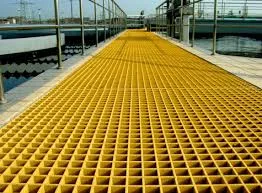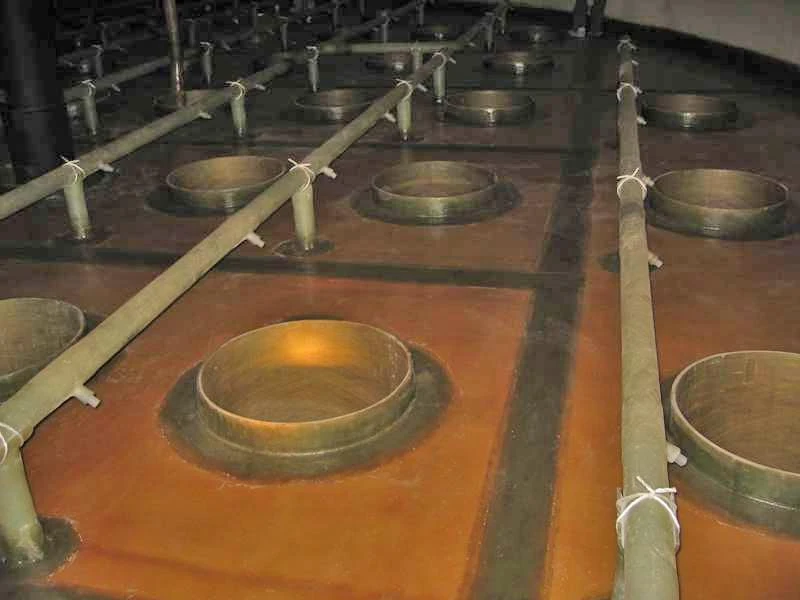
-
 Afrikaans
Afrikaans -
 Albanian
Albanian -
 Amharic
Amharic -
 Arabic
Arabic -
 Armenian
Armenian -
 Azerbaijani
Azerbaijani -
 Basque
Basque -
 Belarusian
Belarusian -
 Bengali
Bengali -
 Bosnian
Bosnian -
 Bulgarian
Bulgarian -
 Catalan
Catalan -
 Cebuano
Cebuano -
 China
China -
 China (Taiwan)
China (Taiwan) -
 Corsican
Corsican -
 Croatian
Croatian -
 Czech
Czech -
 Danish
Danish -
 Dutch
Dutch -
 English
English -
 Esperanto
Esperanto -
 Estonian
Estonian -
 Finnish
Finnish -
 French
French -
 Frisian
Frisian -
 Galician
Galician -
 Georgian
Georgian -
 German
German -
 Greek
Greek -
 Gujarati
Gujarati -
 Haitian Creole
Haitian Creole -
 hausa
hausa -
 hawaiian
hawaiian -
 Hebrew
Hebrew -
 Hindi
Hindi -
 Miao
Miao -
 Hungarian
Hungarian -
 Icelandic
Icelandic -
 igbo
igbo -
 Indonesian
Indonesian -
 irish
irish -
 Italian
Italian -
 Japanese
Japanese -
 Javanese
Javanese -
 Kannada
Kannada -
 kazakh
kazakh -
 Khmer
Khmer -
 Rwandese
Rwandese -
 Korean
Korean -
 Kurdish
Kurdish -
 Kyrgyz
Kyrgyz -
 Lao
Lao -
 Latin
Latin -
 Latvian
Latvian -
 Lithuanian
Lithuanian -
 Luxembourgish
Luxembourgish -
 Macedonian
Macedonian -
 Malgashi
Malgashi -
 Malay
Malay -
 Malayalam
Malayalam -
 Maltese
Maltese -
 Maori
Maori -
 Marathi
Marathi -
 Mongolian
Mongolian -
 Myanmar
Myanmar -
 Nepali
Nepali -
 Norwegian
Norwegian -
 Norwegian
Norwegian -
 Occitan
Occitan -
 Pashto
Pashto -
 Persian
Persian -
 Polish
Polish -
 Portuguese
Portuguese -
 Punjabi
Punjabi -
 Romanian
Romanian -
 Russian
Russian -
 Samoan
Samoan -
 Scottish Gaelic
Scottish Gaelic -
 Serbian
Serbian -
 Sesotho
Sesotho -
 Shona
Shona -
 Sindhi
Sindhi -
 Sinhala
Sinhala -
 Slovak
Slovak -
 Slovenian
Slovenian -
 Somali
Somali -
 Spanish
Spanish -
 Sundanese
Sundanese -
 Swahili
Swahili -
 Swedish
Swedish -
 Tagalog
Tagalog -
 Tajik
Tajik -
 Tamil
Tamil -
 Tatar
Tatar -
 Telugu
Telugu -
 Thai
Thai -
 Turkish
Turkish -
 Turkmen
Turkmen -
 Ukrainian
Ukrainian -
 Urdu
Urdu -
 Uighur
Uighur -
 Uzbek
Uzbek -
 Vietnamese
Vietnamese -
 Welsh
Welsh -
 Bantu
Bantu -
 Yiddish
Yiddish -
 Yoruba
Yoruba -
 Zulu
Zulu
Jan . 31, 2025 01:11
Back to list
fiberglass grating
Fiberglass grating offers exceptional versatility and efficiency for a wide variety of applications. Its rise in popularity is attributed to its unique properties and advantages over traditional materials such as steel or aluminum. In industries ranging from maritime and petrochemical to food processing and wastewater treatment, professionals are gravitating towards fiberglass grating for its unparalleled benefits.
From an environmental perspective, fiberglass grating is increasingly recognized for its eco-friendly attributes. The production process generates fewer emissions compared to metal grating fabrication. Moreover, many manufacturers are committing to sustainability by utilizing recycled materials in the production of fiberglass. This reduction in carbon footprint aligns with the global push towards greener building practices and can support a company’s sustainability goals. When evaluating fiberglass grating's expertise, it’s essential to highlight its adaptability across different industries. In petrochemical plants, it endures chemical spills. In wastewater facilities, it resists mildew and microbial growth. In marine settings, it's impervious to saltwater corrosion. These varied applications underscore the material's reliability and breadth of use, reinforcing its status as a go-to solution for projects requiring robust and resilient grating options. Industry experts consistently underscore fiberglass grating's performance by emphasizing case studies where alternatives failed, but fiberglass passed the test of time and environment. For instance, numerous offshore drilling platforms have successfully integrated fiberglass grating, reporting enhanced safety and lower maintenance efforts as direct outcomes. Ultimately, the leadership and foresight in the adoption of fiberglass grating by global industries showcase its authoritative role in setting new standards for materials engineering. Companies trust it not just for its practical advantages but also because it represents a reliable investment in quality and longevity. This trust is backed by a wealth of empirical evidence and industry endorsements, further solidifying its credibility as a material worth considering for your next project. In conclusion, fiberglass grating is not merely a material choice but a strategic decision that encompasses efficiency, safety, and sustainability. Selecting fiberglass grating reflects a commitment to superior performance and ecological responsibility, a trait that resonates with modern business values and future-ready infrastructure.


From an environmental perspective, fiberglass grating is increasingly recognized for its eco-friendly attributes. The production process generates fewer emissions compared to metal grating fabrication. Moreover, many manufacturers are committing to sustainability by utilizing recycled materials in the production of fiberglass. This reduction in carbon footprint aligns with the global push towards greener building practices and can support a company’s sustainability goals. When evaluating fiberglass grating's expertise, it’s essential to highlight its adaptability across different industries. In petrochemical plants, it endures chemical spills. In wastewater facilities, it resists mildew and microbial growth. In marine settings, it's impervious to saltwater corrosion. These varied applications underscore the material's reliability and breadth of use, reinforcing its status as a go-to solution for projects requiring robust and resilient grating options. Industry experts consistently underscore fiberglass grating's performance by emphasizing case studies where alternatives failed, but fiberglass passed the test of time and environment. For instance, numerous offshore drilling platforms have successfully integrated fiberglass grating, reporting enhanced safety and lower maintenance efforts as direct outcomes. Ultimately, the leadership and foresight in the adoption of fiberglass grating by global industries showcase its authoritative role in setting new standards for materials engineering. Companies trust it not just for its practical advantages but also because it represents a reliable investment in quality and longevity. This trust is backed by a wealth of empirical evidence and industry endorsements, further solidifying its credibility as a material worth considering for your next project. In conclusion, fiberglass grating is not merely a material choice but a strategic decision that encompasses efficiency, safety, and sustainability. Selecting fiberglass grating reflects a commitment to superior performance and ecological responsibility, a trait that resonates with modern business values and future-ready infrastructure.
Next:
Related Products









